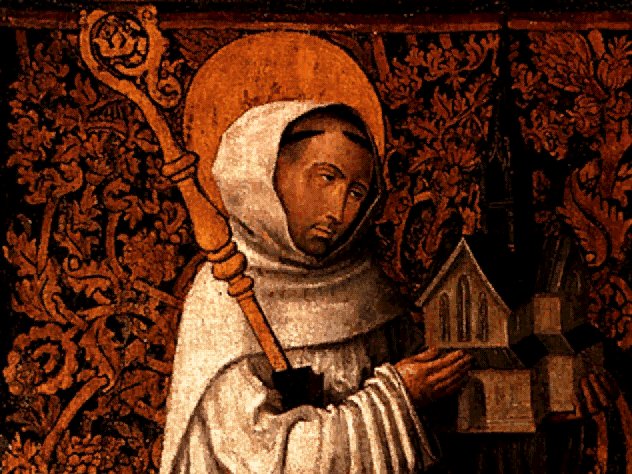Today's advice 21 September 2020 from Ruperto di Deutz

Rupert of Deutz (ca 1075-1130)
Benedictine monk
On the works of the Holy Spirit, IV, 14; SC 165, 183
The tax collector freed for the Kingdom of God
Matthew, the tax collector, was fed "the bread of understanding" (Sir 15,3); and with this same intelligence, he prepared for the Lord Jesus a great banquet in his house, since he had received as an inheritance an abundant grace, according to his name [which means "gift of the Lord"]. An omen of such a banquet of grace had been prepared by God: called while he was seated at the tax office, he followed the Lord and "prepared a great banquet for him in his house" (Lk 5,29:XNUMX). Matteo has prepared a banquet for him, indeed a very large one: a royal banquet, we could say.
Matthew is in fact the evangelist who shows us Christ the King, through his family and his acts. From the beginning of the book, he declares: "Genealogy of Jesus Christ, son of David" (Mt 1,1). He then describes how the infant is adored by the Magi, as king of the Jews; the whole narrative continues dotted with royal deeds and parables of the Kingdom. At the end we find these words, spoken by a king already crowned by the glory of the resurrection: "All power in heaven and on earth has been given to me" (28,18). By carefully examining the entire editorial board, you will notice that it is imbued with the mysteries of the Kingdom of God. But it is not a strange fact: Matthew had been a tax collector, he remembered being called by the public service of the kingdom of sin to the freedom of the Kingdom of God, of the Kingdom of Justice. Thus, as a man not ungrateful to the great king who had freed him, he then faithfully served the laws of his Kingdom.